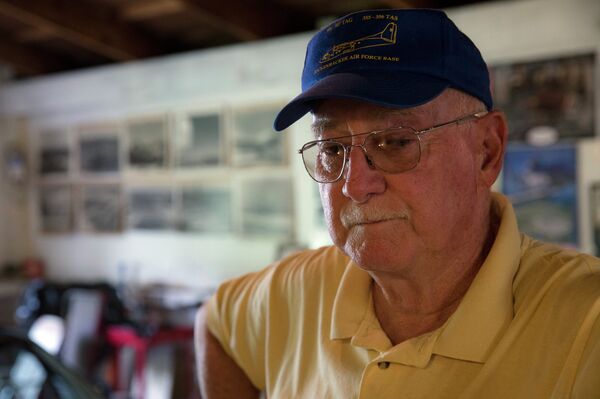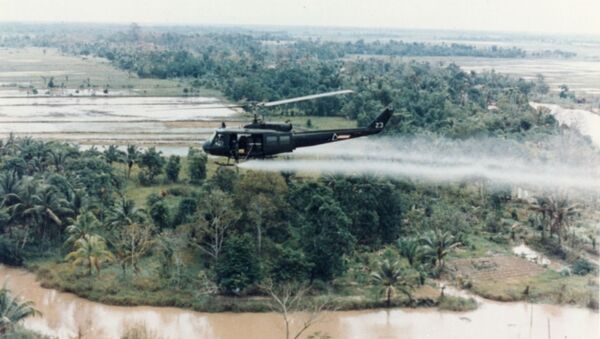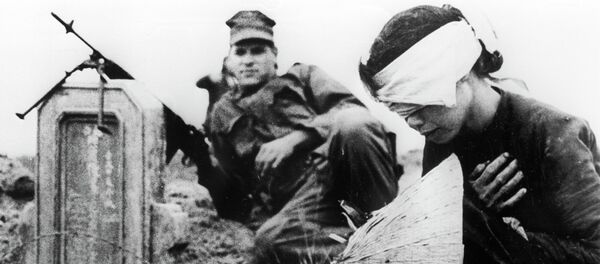"I love the smell of napalm in the morning," Robert Duvall’s character says in the Oscar-winning film "Apocalypse Now." He stands shirtless, save for an absurdly outsized fedora, amid swirls of pink and yellow smoke, falling bombs, and burning trees.
It’s a scene which perfectly encapsulates the carelessness with which American soldiers were tossed into the fray of Vietnam. Military leaders in Washington wanted a war, and they sent soldiers down the rabbit hole, into a nightmarish journey which Francis Ford Coppola aptly compared to "Heart of Darkness."
Of the many atrocities inflicted by all parties involved in the conflict, one that has long gone under-addressed is the health effects suffered by active-duty soldiers due to their exposure to Agent Orange residue. A study released by the Institute of Medicine in January found that a number of airmen serving onboard Fairchild C-123 aircraft experience increased health problems due to the chemical agent, which was essentially poured across the jungle as a weaponized herbicide.
Health defects associated with Agent Orange include increased risks of cancer, nerve and respiratory disorders, leukemia, and Hodgkin’s lymphoma. While Veterans Affairs has addressed the problem for ground troops exposed to the chemical, it has never recognized the need to treat the airmen involved in releasing the agent.
But on Thursday, the White House Office of Management and Budget announced it would spend $47.5 million over the next 10 years on disability claims for 2,100 Air Force reservists.
"Opening up eligibility for this deserving group of Air Force veterans and reservists is the right thing to do," VA Secretary Bob McDonald said in a statement.
Those benefits will include disability aid and survivor benefits, as well as medical care. Veterans may begin filing applications immediately, and processing of claims will begin Friday.
"It’s great news," retired Technical Sergeant Ed Kienle told the Associated Press. He served onboard a C-123 as a flight mechanic for eight years, and has now developed skin cancer, respiratory problems, and has early signs of prostate cancer.
"I’m going to be calling up all the guys this evening to celebrate," he added.

Many veterans, however, are greeting this new announcement with cautious optimism. While the recognition of Agent Orange’s effect on airmen is a significant step in the right direction, there is still a class of roughly 200,000 “Blue Water” veterans exposed to the chemical whose health problems are not officially recognized.
Those troops were stationed on deep-water vessels off the Vietnamese coast, and the VA says there is insufficient evidence that they would have been affected by Agent Orange sprayed on the mainland.
Rick Weidman, executive director of the Vietnam Veterans of America, applauded the announcement, but urged McDonald to provide coverage for Blue Water veterans, as well.
"It’s time to make full amends to surviving spouses and families," Weidman said.




